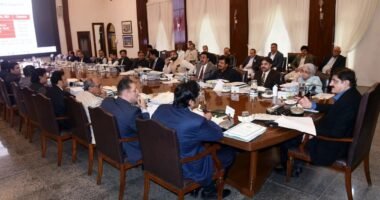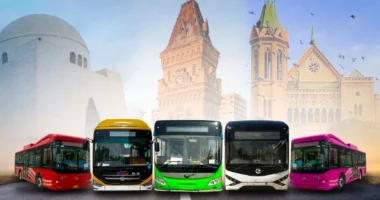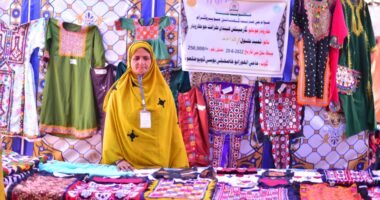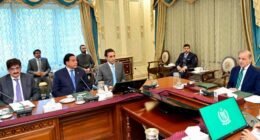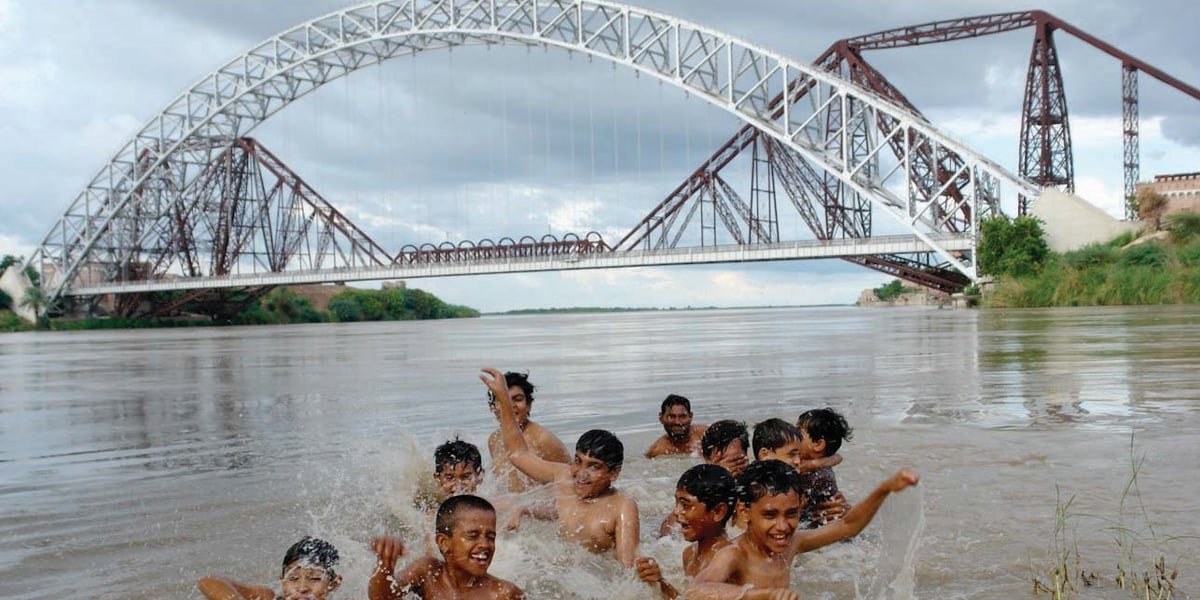
The federal government’s decision to construct six new canals on the Indus River to provide water to Cholistan, Punjab, is a blatant violation of Sindh’s water rights. Already facing severe water shortages, Sindh’s agriculture, economy, and livelihoods are at risk of devastation. The move, which prioritizes Punjab at the cost of Sindh’s fertile lands, is being met with fierce resistance from the Pakistan Peoples Party (PPP), Sindh’s leadership, and civil society organizations, who have vowed not to allow this injustice to proceed.
A Looming Water Catastrophe for Sindh
Sindh has long been struggling with water scarcity, with its farmlands already suffering from dwindling irrigation resources. The construction of these new canals would only exacerbate the crisis, depriving the lower riparian province of its fair share of Indus waters. If this project is allowed to continue, hundreds of thousands of acres of green farmland in Sindh will turn barren, leading to a severe agricultural and economic collapse. Farmers, who rely on the Indus for irrigation, will be left helpless as their crops wither and livestock perishes.
A Financial Burden & A Flawed Project
Originally estimated at Rs. 218 billion, the cost of this controversial project has now ballooned to Rs. 225 billion, with the likelihood of further increases. Furthermore, the project was initially supposed to include a $3 billion dam in Chiniot, which has now been abandoned, raising concerns over mismanagement and financial wastage. Despite allocating Rs. 45 billion in the first year, not a single rupee has been utilized so far, exposing the incompetence of the Punjab government.
Historical Rejection of Cholistan Canals
This is not the first time an attempt has been made to divert Indus waters for Cholistan. In 1919, the British government had proposed a similar project but rejected it after thorough assessment. Even during the tenure of the caretaker government, the Punjab administration sought a No Objection Certificate (NOC) from the Indus River System Authority (IRSA) by falsely claiming that there was sufficient water flow. However, the reality is starkly different—Sindh continues to receive far below its due share of water, further pushing the province towards environmental disaster.
National Resistance Against the Project
This project is not just a threat to Sindh but a destabilizing factor for the entire country. That is why three provinces—Sindh, Balochistan, and Khyber Pakhtunkhwa—have already opposed it. The Pakistan Peoples Party (PPP) has taken a firm stand, with its leadership and Sindh’s people mobilizing against the project. Protests, rallies, and legal action are being pursued to ensure that the federal and Punjab governments do not succeed in this blatant water theft. The people of Sindh will never allow their water to be stolen in the name of development elsewhere.
Sindh’s Contribution to Pakistan: A Betrayal of History
Sindh was the first province to pass a resolution for the creation of Pakistan, standing firm in support of a separate homeland for Muslims in the Indian subcontinent. It is a cruel betrayal of history that the same province, which played a key role in Pakistan’s foundation, is now being deprived of its fundamental water rights. Instead of ensuring equitable water distribution, the federal government is enabling Punjab’s overreach at the cost of Sindh’s survival.
Sindh Will Not Bow Down
The Pakistan Peoples Party, Sindh’s leadership, and its people have categorically rejected this project. From mass protests to political resistance, Sindh will never allow these canals to be constructed. The federal and Punjab governments must immediately abandon this project before they push Sindh into an irreversible water and agricultural crisis. Sindh’s water rights are non-negotiable, and the fight to protect them will continue until justice is served.




